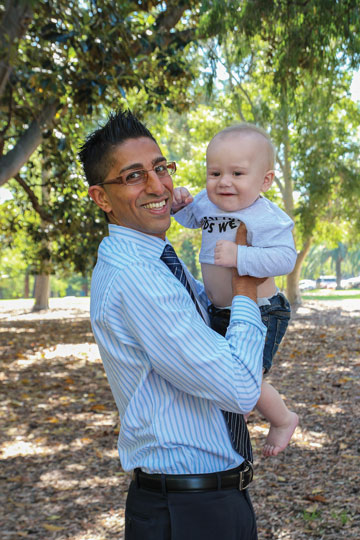Search
Showing results for "rishi kotecha"
Research
The Combination of Curaxin CBL0137 and Histone Deacetylase Inhibitor Panobinostat Delays KMT2A-Rearranged Leukemia ProgressionRearrangements of the Mixed Lineage Leukemia (MLL/KMT2A) gene are present in approximately 10% of acute leukemias and characteristically define disease with poor outcome.
Research
The Bone Marrow Microenvironment in B-Cell Development and MalignancyB lymphopoiesis is characterized by progressive loss of multipotent potential in hematopoi-etic stem cells, followed by commitment to differentiate into B cells, which mediate the humoral response of the adaptive immune system.
Research
Methotrexate-related central neurotoxicity: clinical characteristics, risk factors and genome-wide association study in children treated for acute lymphoblastic leukemiaSymptomatic methotrexate-related central neurotoxicity (MTX neurotoxicity) is a severe toxicity experienced during acute lymphoblastic leukemia (ALL) therapy with potential long-term neurologic complications. Risk factors and long-term outcomes require further study.

News & Events
The Kids Research Institute Australia researchers share in State Government science grantsFour The Kids Research Institute Australia researchers are among those who have received funding in the WA State Government's Merit Award Program announced today.

News & Events
Drug find could represent big win for our little patientsDr Rishi Kotecha knows too well the devastation of a leukaemia diagnosis in a child, treating children as a consultant at Princess Margaret Hospital.
Research
Development of new preclinical models of childhood leukaemiaSébastien Laurence Rishi S. Malinge Cheung Kotecha PhD BPharm (Hons) MBA PhD MB ChB (Hons) MRCPCH FRACP PhD Laboratory Head, Translational Genomics
Research
Novel therapeutics approaches for infants with high-risk infant acute lymphoblastic leukaemiaRishi S. Laurence Sébastien Kotecha Cheung Malinge MB ChB (Hons) MRCPCH FRACP PhD BPharm (Hons) MBA PhD PhD Co-Head, Leukaemia Translational Research
Research
Exploiting the reactive oxygen species imbalance in high-risk paediatric acute lymphoblastic leukaemia through auranofinThe prognosis for high-risk childhood acute leukaemias remains dismal and established treatment protocols often cause long-term side effects in survivors. This study aims to identify more effective and safer therapeutics for these patients.
Research
Are outcomes for childhood leukaemia in Australia influenced by geographical remoteness and Indigenous race?Presenting features, biology and outcome for childhood leukaemia are known to vary by ethnic origin, geographic location and socioeconomic group. This study aimed to compare presentation patterns, follow-up and clinical outcomes in Indigenous and non-Indigenous children with acute leukaemia in Australia, and to assess the impact of remoteness and area-based socioeconomic disadvantage on outcome.
Research
RUNX2 regulates leukemic cell metabolism and chemotaxis in high-risk T cell acute lymphoblastic leukemiaT cell acute lymphoblastic leukemia (T-ALL) is an aggressive hematologic malignancy with inferior outcome compared with that of B cell ALL. Here, we show that Runt-related transcription factor 2 (RUNX2) was upregulated in high-risk T-ALL with KMT2A rearrangements (KMT2A-R) or an immature immunophenotype. In KMT2A-R cells, we identified RUNX2 as a direct target of the KMT2A chimeras, where it reciprocally bound the KMT2A promoter, establishing a regulatory feed-forward mechanism.
